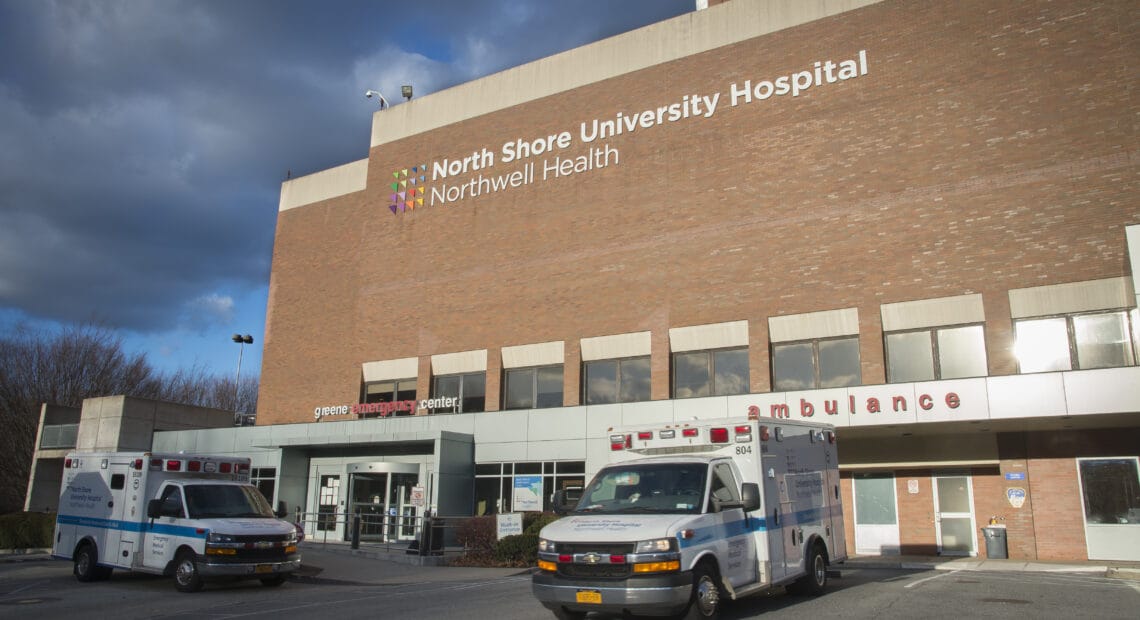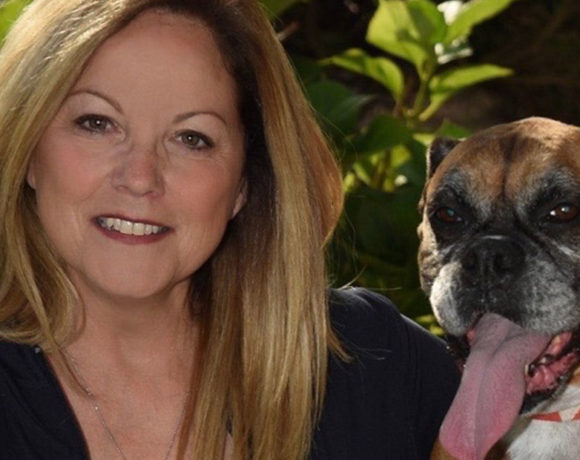Twelve Northwell Health emergency departments have received the Pain and Addiction Care in the Emergency Department (PACED) designation from the American College of Emergency Physicians.
PACED is a national accreditation program that seeks to improve management and substance use care for patients. Having a PACED designation means that patients in these hospitals will receive the highest level of treatment for pain and addiction, while minimizing the use of opioid medications.
The 12 hospitals to have received the PACED Bronze level accreditation are:
- Huntington Hospital
- Staten Island University Hospital North
- Staten Island University Hospital South
- North Shore University Hospital
- Plainview Hospital
- Syosset Hospital
- Glen Cove Hospital
- LIJ Valley Stream
- Long Island Jewish Medical Center
- South Shore University Hospital
- Lenox Health Greenwich Village
- Lenox Hill Hospital
Sandeep Kapoor, MD, assistant vice president of Emergency Medicine Addiction Services, said the designation recognizes Northwell’s determined efforts over the past decade to create a humanistic and evidence-based approach to helping people living with substance use disorder (SUD) and pain issues.
“The fact that 12 of our hospitals have received national accreditation recognizes our efforts to humanize the approach to substance use and pain. We are very proud that our model of care is being regarded as an industry standard,” Dr. Kapoor said. “It is our mission that all 18 of our emergency departments will soon be recognized for our work in this space.”
Sadly, the effects of the pain/substance use crisis and the resulting fatal opioid overdose numbers continue to rise throughout the United States. Fatal opioid overdoses, many caused by Fetanyl, are considered a national public health epidemic represented by 108,000 deaths in the 12-month period ending in August 2022.
Dr. Kapoor emphasized that Northwell’s comprehensive, three-prong approach to the substance use crisis – education, clinical practice and research – is a critical component to success.
“We will continue our efforts to provide patients with all the knowledge and power available to us to shift that narrative that there is ‘no help out there,’” said Dr. Kapoor. “We are here and committed to serve our patients, their families, and our communities in a holistic and comprehensive manner.”








Recent Comments